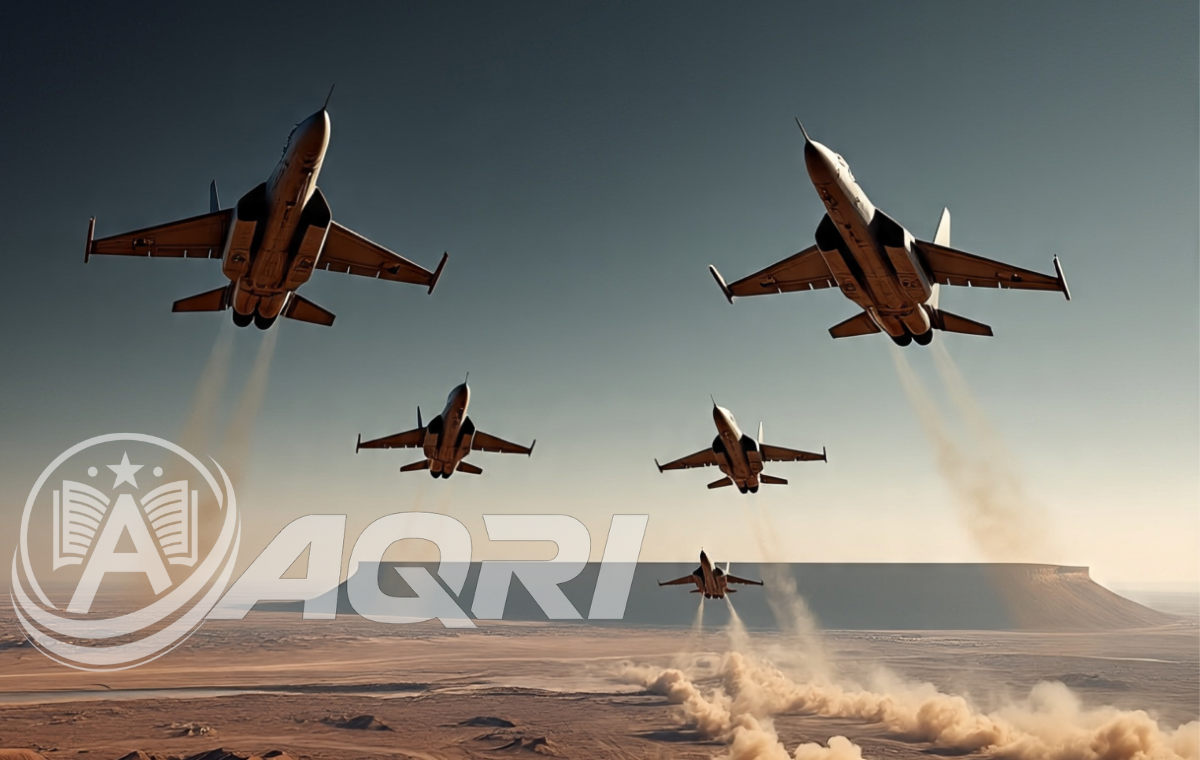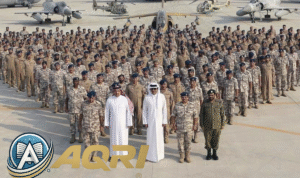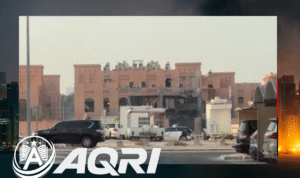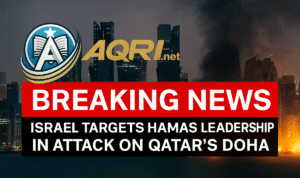Egypt’s Military Drills Spark Fears of a Strike on Ethiopia’s GERD Dam
CAIRO/ADDIS ABABA — The Egyptian military has ramped up its large-scale exercises in recent weeks, fueling widespread speculation that Cairo is preparing for a potential military strike against Ethiopia’s Grand Ethiopian Renaissance Dam (GERD). The towering hydroelectric project on the Blue Nile has long been a flashpoint of tension between the two nations, and observers now fear that the world’s longest river may be on the verge of becoming a battlefield.
A Project That Divides the Nile
The GERD, located in Ethiopia’s Benishangul-Gumuz region near the Sudanese border, is Africa’s largest hydroelectric dam. For Ethiopia, it represents a symbol of national pride and a gateway to economic transformation. Once fully operational, the dam is expected to generate more than 5,000 megawatts of electricity, powering homes and industries across the country and exporting surplus energy to neighbors. But for Egypt, the GERD represents an existential threat. The country depends on the Nile for over 90 percent of its freshwater needs. Any significant reduction in water flow could devastate agriculture, threaten food security, and destabilize an already strained economy.
Ethiopia Switches On Africa’s Biggest Dam, Egypt and Sudan Alarmed
Egypt’s War Games Send a Message
This month, Egypt’s armed forces conducted extensive drills across desert bases and air force installations. Tanks thundered across the sand, jet fighters streaked overhead, and naval units simulated joint operations. Analysts believe the maneuvers are more than routine training. They appear to serve as a deliberate signal to Addis Ababa: Egypt is willing to use force if negotiations over the GERD collapse.
“These are not ordinary exercises — they are strategic rehearsals designed to showcase Egypt’s readiness to strike,” said one Cairo-based security analyst.
Local Egyptian media outlets have hinted at scenarios involving long-range airstrikes, refueling operations, and precision bombing — all capabilities necessary for a strike on the GERD site, which lies over 1,500 kilometers from Egyptian air bases.
A Decade of Failed Diplomacy
Since construction of the GERD began in 2011, Egypt, Ethiopia, and Sudan have been locked in endless rounds of negotiations. Multiple agreements, from the 2015 Declaration of Principles to African Union-led mediation, have failed to resolve the central dispute: how to balance Ethiopia’s right to development with Egypt’s demand for guaranteed water flow.
Ethiopia has pressed ahead, filling the dam’s reservoirs despite Egyptian objections. In July 2023, Ethiopia announced the completion of its fourth filling, bringing the project closer to full operation. Cairo denounced the move as unilateral and dangerous.
“Ethiopia has ignored every warning. Now they must face the consequences,” said an Egyptian diplomat involved in earlier talks.
Ethiopia Digs In
For Ethiopia, the GERD is non-negotiable. Prime Minister Abiy Ahmed has framed the dam as a sovereign right and a cornerstone of the nation’s development agenda. Addis Ababa argues that the GERD will not significantly reduce downstream flows, noting that it is a hydroelectric project, not an irrigation scheme. Officials also highlight the potential for regional cooperation, with surplus electricity flowing to Sudan, Kenya, and even Egypt.
“We will never beg to use our own water,” an Ethiopian water ministry spokesperson told AQRI.net. “The Nile begins in Ethiopia — and Ethiopia will decide its future.”
But trust between Cairo and Addis Ababa has eroded to its lowest point in years.
Could the Nile Become a Battlefield?
The possibility of military escalation is no longer dismissed as remote. Regional experts outline several strike scenarios: Egyptian jets could launch long-range airstrikes, possibly from bases in Sudan, targeting the dam’s turbines and core infrastructure. Missile attacks using precision weapons might cripple power transmission lines. Special forces raids could attempt sabotage operations on-site.
But such an attack would carry enormous risks. Ethiopia has heavily defended the GERD with anti-aircraft systems and fortified positions. A strike could spark full-scale war between two of Africa’s most populous nations, destabilizing the Horn of Africa and drawing in regional powers.
International Reactions
The international community has so far urged restraint. The African Union continues to call for dialogue, while the United Nations warns of “catastrophic consequences” if military action is taken. The United States, traditionally an ally of Egypt, has avoided siding openly but insists on “peaceful resolution through negotiations.”
“We are closer than ever to the brink,” said a European envoy familiar with Nile negotiations.
Yet some Western diplomats privately admit they fear the dispute could spiral out of control.
Water Wars of the Future
The GERD crisis highlights a broader global concern: the potential for water scarcity to trigger violent conflict. Climate change, population growth, and rising demand are putting pressure on shared rivers worldwide. The Nile Basin is a textbook case. Eleven countries depend on its waters, yet historical treaties — many signed under colonial rule — allocated the lion’s share to Egypt and Sudan. Upstream countries like Ethiopia, Uganda, and Tanzania argue those agreements are outdated and unjust.
“Water is the new oil, and the Nile is the Middle East of freshwater,” said a Nairobi-based environmental scholar.
What Comes Next?
As Egypt continues its military drills and Ethiopia presses ahead with dam operations, the world watches anxiously. The stakes could not be higher: water security for over 150 million people, regional stability in the Horn of Africa, and the precedent for how shared resources are managed in an era of scarcity.
“If the Nile becomes a battlefield, no one wins — not Egypt, not Ethiopia, and not Africa,” said a Sudanese conflict researcher.
For now, the question hangs heavy: Will diplomacy prevail, or will the roar of fighter jets echo over the Nile?








Comment